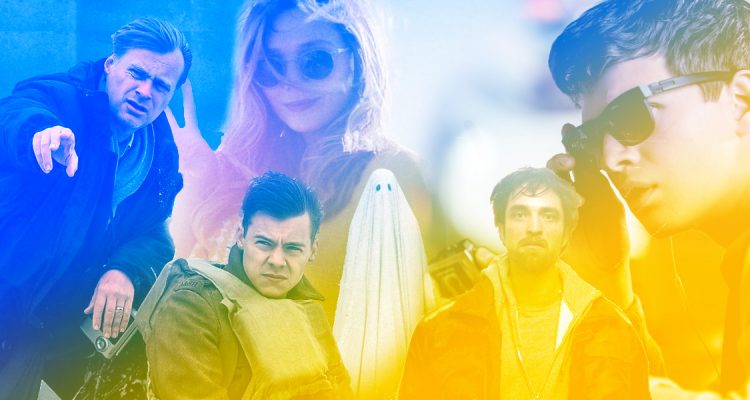 “Detroit”
“Detroit”
In the last 10 years,Kathryn Bigelow has set a gold standard for us to judge her work by. Sure, her latest, “Detroit,” might not belong next to landmarks such as “The Hurt Locker,” and “Zero Dark Thirty,” but taken on its own merits, this is staggering and visceral filmmaking. The cushion of “Detroit,” when it really hits its stride, is when it deals with the infamous incident at the Algiers motel, where there young African-American men were assaulted and some murdered by Detroit cops. That’s when her movie is at its most gripping and unsettling. Officer Krauss, the main white cop who orchestrates all of this evil, as played by Will Poulter, is a man with no moral compass and it makes for some hard-to-watch brutality. It’s not hard for Bigelow to involve you in the story, but it is up to the viewer to decide if this is well-intentioned filmmaking or, as its detractors seem to be saying, manipulative coarsening. We’ll leave it up to you to decide, but there’s no doubt in my mind that Bigelow meant to provoke us and cause discussion and with that she certainly did.
 “Menashe”
“Menashe”
You have never seen a movie quite like Joshua Weinstein‘s “Menashe.” Shot by Weinstein on a low-budget, in near cinema-verite style, deep in the heart of New York City’s Hasidic community, it’s even presented in Yiddish with English subtitles. Talk about a gamble even for an indie production. The film chronicles the trials and tribulations of recently widowed Hasidic Jew Menashe (Menashe Lustig in his big-screen debut) whose community forces his son to be raised by his openly contemptuous brother in-law. Menashe’s endeavor to regain custody of his son is at the heart of the film’s narrative. This is a quiet drama that stitches together an ordinary life faced with impossibly tasked religious restrictions, yet Menashe persists. Weinstein’s film is a slice of America that you’ve rarely seen before on screen, a world that largely remains foreign to the mainstream, but one that Weinstein shows us a bird’s eye view of here.
 “A Ghost Story”
“A Ghost Story”
One of the most audaciously original narratives seen this decade. “A Ghost Story” was shot with friends Rooney Mara and Casey Affleck as a personal side project after its director, David Lowery finished up Disney’s big-budgeted “Pete’s Dragon.” “A Ghost Story” is not actually, in any sense of the term, “scary” as much as it is an engrossing meditation on life and death. Mara does most of her onscreen acting alone without anybody by her side and Lowery makes the fine decision of focusing on her facial gestures to convey the sense of loss and loneliness that burns through every frame of this film. Most memorable of all is a pie-eating scene that is jaw-droppingly mesmerizing in its simplicity. As for the plot itself, the less you know about “A Ghost Story,” the better, but the official synopsis tells you everything you need to know about its alluring nature: “This is the story of a ghost and the house he haunts.”
 “City of Ghosts”
“City of Ghosts”
A documentary about the ISIS stronghold in Raqqa, Syria, Matthew Heineman‘s “City of Ghosts” might be the definitive document thus far about the Syrian civil war. Heineman received frontline access to the citizen journalist collective of “Raqqa is Being Slaughtered Silently,” a group which tries to defy threats against their lives by the terrorist organization and has as a goal to fight the misinformation and indoctrination of their people at the hands of this radical evil. The deeply humane stories being told here are numerous and will no doubt cast a human perspective on this vast and infuriating war which is, underreported on a daily basis by the world media. The film’s final image, that of a journalist with a bounty on his head trembling in fear for his life, will haunt you for days.

